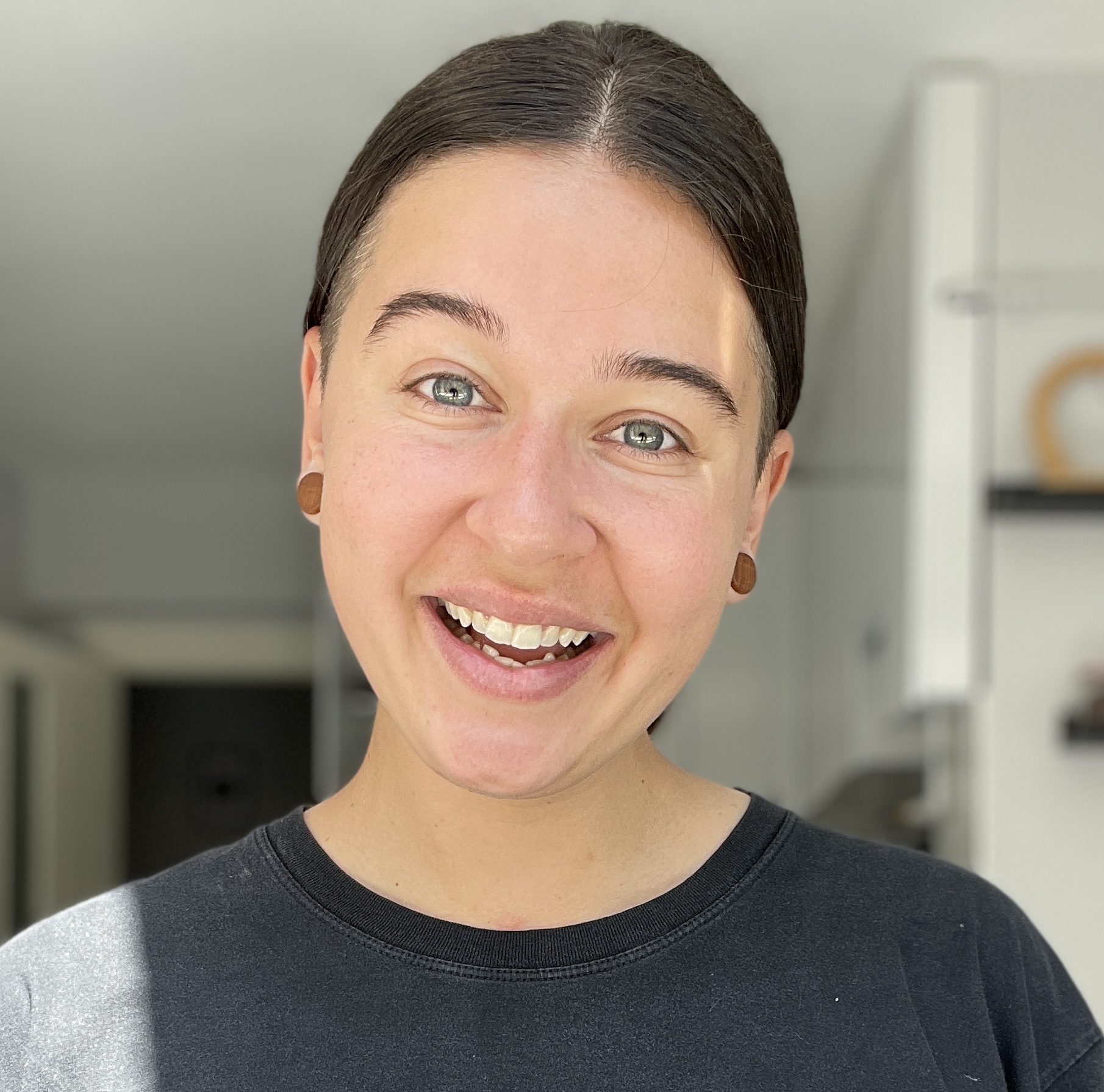Quantifiers: When to Use 'All', 'Some', 'Many', 'Few', and More
- Teneille C
- May 6, 2024
- 2 min read
Updated: May 14
Understanding how to use quantifiers in English is essential for speaking and writing with precision. Quantifiers help us express amounts or quantities, whether we're talking about things we can count (like books or students) or things we can’t (like water or time).
Let’s break down the different types of quantifiers—complete with examples—to help you use them correctly and confidently.

🟢1. Universal Quantifiers
These refer to an entire group or amount.
All
✅ Used with both countable and uncountable nouns.
All students passed the exam. (countable)
All the water evaporated in the heat. (uncountable)
Every
✅ Used mainly with countable nouns. Focuses on individuals in a group.
Every student received a textbook. With uncountable concepts, it's used in phrases like:
Every drop of rain is precious.
🟢 2. Existential Quantifiers
These refer to the existence of some part of a group or amount.
Some
✅ Used with both countable and uncountable nouns.
Some students prefer group study. (countable)
Can I have some water? (uncountable)
A few
✅ Used with countable nouns.
I have a few friends coming over.
Several
✅ Used with countable nouns.
Several people attended the meeting.
Any
✅ Used in questions and negatives with both types of nouns.
Do you have any milk? (uncountable)
You can choose any book. (countable)
🟢 3. Quantity Quantifiers
These express a large or small amount.
Many
✅ Used with countable nouns.
Many students find math difficult.
Most
✅ Used with countable and uncountable nouns.
Most guests arrived on time. (countable)
Most water is safe to drink. (uncountable)
Few
✅ Used with countable nouns.
Few people know the answer.
Little
✅ Used with uncountable nouns.
There is little time left.
None
✅ Works with both types.
None of the cookies are left. (countable)
There is none of the juice remaining. (uncountable)
🟢 4. Indefinite Quantifiers
These are used to express an unspecified quantity.
Some / Any
Used in similar ways as above, these words can also work when the exact amount isn’t important.
Some students are missing.
Do you have any information?
🟢 5. Comparison Quantifiers
More / Less
✅ Work with both countable and uncountable nouns.
She has more books than him. (countable)
I have less time today. (uncountable)
🎓 Final Tips
Countable nouns = things you can count (books, apples, students)
Uncountable nouns = substances or abstract ideas (water, time, advice)
Understanding which quantifiers pair with which type of noun is key to sounding natural and fluent in English. Practice these examples, and soon you’ll be using them without even thinking about it!
Try these exercises
Ready to Take Your English to the Next Level?
If you enjoyed this post and want to boost your English skills with the help of experienced, friendly native teachers, we’d love to work with you! Whether you're looking to speak more confidently, expand your vocabulary, or just have fun while learning, our online lessons are tailored to fit you.
🌱 Learn from anywhere, 🌱 choose your schedule, and 🌱 start seeing results.
Book a free trial lesson today and see how easy and enjoyable learning English can be!




Comments